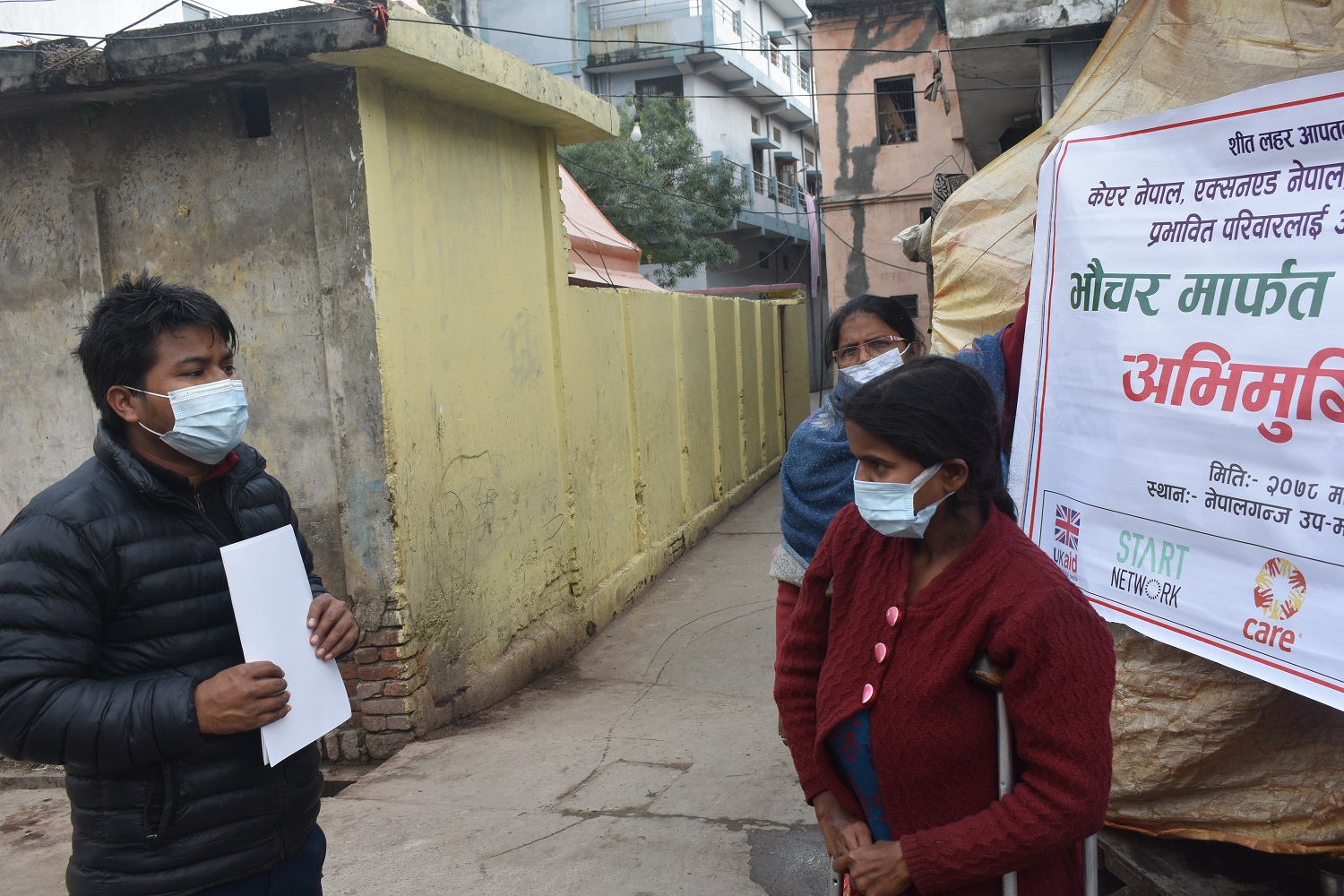As part of a growing trend, humanitarians are now anticipating crises and acting prior to their onset, enabling faster, more dignified and more cost-effective humanitarian responses. Using data and analytical approaches we can now predict humanitarian shocks brought about by extreme weather, conflict and a range of other sources with increasing confidence.
Geospatial data, data visualisation and information management are critical to this type of anticipatory action. As a trusted leader in these fields MapAction has been selected to partner with the Start Network to assist with our programmes of anticipatory and early action.
MapAction will use its expertise to provide hazard data analysis, real time hazard data, base maps and vulnerability analysis to the network. Together, we aim to provide locally led anticipatory action to enhance the coordination of disaster risk nationally.
The three year programme will see MapAction providing the Start Network with data for eight vulnerable countries where it is implementing anticipatory finance projects. This will involve MapAction providing local information and visualisations for critical early decision making as well as implementation support.
The eight countries include Bangladesh, Kenya, Madagascar, Nepal, Pakistan, the Philippines, Senegal and Zimbabwe. We aim to achieve this through Start Ready, a new financial service for the humanitarian sector, which was launched at CoP26.
Christina Bennett, CEO of Start Network, said: "Over the years, we have found that humanitarian crises, from floods and cyclones, droughts and pandemics, tend to occur in regular patterns. As the re/insurance sector knows well, the data and technology exist to manage these risks at an aggregated level, and pilot projects have proved the benefit of anticipatory action. Now, with the collaborative efforts of MapAction together with the IDF members and their funding support, it is hoped we can build a shared financial infrastructure to ensure these funds go so much further.”
This work is being made possible by a consortium of partners including members of the Insurance Development Forum and Swiss Re Foundation, who aim to improve global risk understanding in order to help create equal opportunities and sustainable growth.

